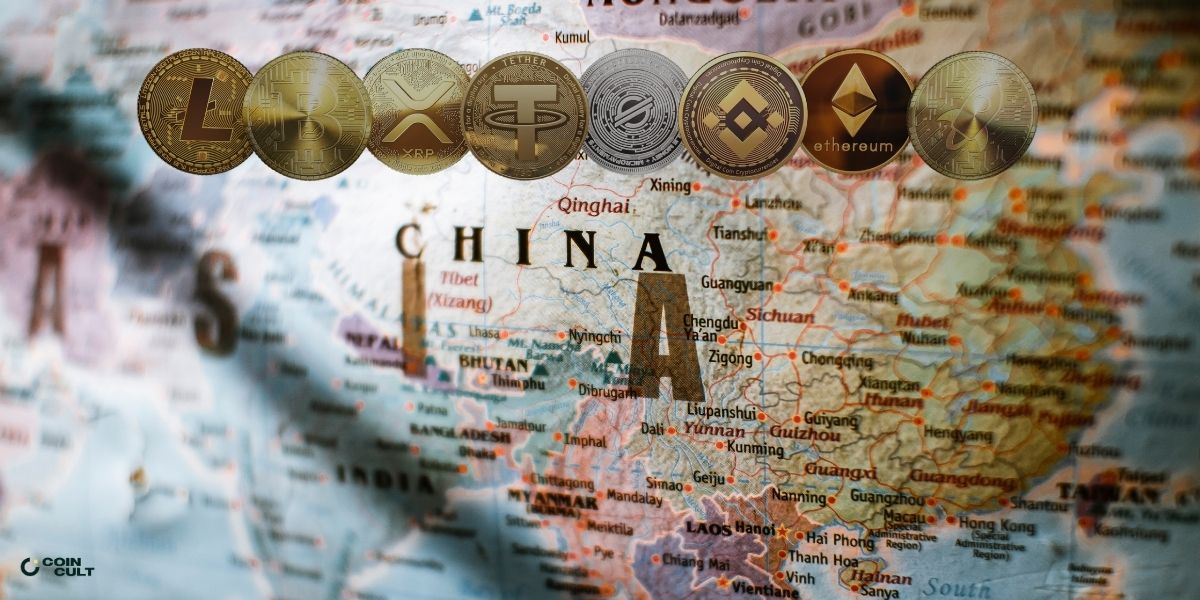
This year’s crypto conferences in Asia have ignited a spark of enthusiasm that’s hard to ignore. Reports from industry insiders suggest that the atmosphere was electric, particularly compared to similar gatherings in the United States.
Messari and Blockworks Group deserve commendation for curating exceptional lineups and fostering a lively discussion. The conferences held in Asia during September drew impressive attendance numbers and showcased a significantly more positive outlook for the future of digital assets.
The newfound exuberance suggests a burgeoning momentum in the digital asset industry for countries like South Korea, Singapore, and Hong Kong.
For individuals with experience in the digital asset industry, Asia has long been recognized as the central hub, housing groundbreaking firms like Bitfinex and BitMEX.
The prominence in the crypto industry diminished in 2021 as China implemented a strict crackdown. As a result, companies began searching for more favorable environments elsewhere.
The Western world became a hotbed for digital asset speculation, bolstered by the COVID-induced retail trading frenzy. With regulatory uncertainty and the FTX incident, the frenzy has shifted back to Asia.
South Korea, particularly, is witnessing a surge in interest towards cryptocurrency among retail traders. This growing trend can be partially attributed to the nation’s robust gambling culture.
Many young Koreans consider traditional means of accumulating wealth, such as real estate or corporate equities, to be beyond their reach. This perception has led them to view digital assets as an enticing pathway towards achieving financial independence.
Moreover, institutional players are poised to enter the space, with some crypto-focused firms securing investments exceeding $100 million. One conference attendee said:
They don’t buy houses, but they can buy tokens every week. There is a huge market.
Yet, navigating Asia’s corporate landscape can be challenging for Western businesses. Establishing a presence there often requires overcoming political and rigid corporate hierarchies dominated by giants like Samsung and LG.
BitGo’s strategic agreement with Korean heavyweight Hana Bank is a case in point. Despite these hurdles, several firms are venturing into the South Korean market due to the tepid interest in the United States.
Yet another attendee remarked,
“The liquidity is insane, but it is siloed and protectionist. You have to speak Korean.”
South Korea’s Crypto Craze: Retail Traders Lead the Way
One anonymous trading firm disclosed that they have been waiting for five years to become a liquidity provider in the country, eagerly anticipating the day South Korea opens up fully to their operations.
Meanwhile, Hong Kong has also been making strides to embrace crypto, with China quietly supporting the city’s bid to become a crypto innovation hub.
A Bloomberg report from earlier this year highlighted that Hong Kong has “rolled out the red carpet for crypto businesses.”
Insiders report that representatives from China’s Liaison Office have actively interacted with Hong Kong’s crypto community. They have exchanged business cards and WeChat details during their engagements.
These interactions have been marked by officials’ genuine curiosity and unwavering support. They diligently monitor every development, promptly request detailed reports, and even take the initiative to follow up with personal calls.
The buzz around Asia’s crypto scene is undeniable. As one attendee said, “This Asia trip blew my mind.” The excitement in countries like Korea and Singapore starkly contrasts the current crypto landscape in the United States. Keeping a close eye on Asia is wise as the region reclaims its status as a crypto powerhouse in 2023.








